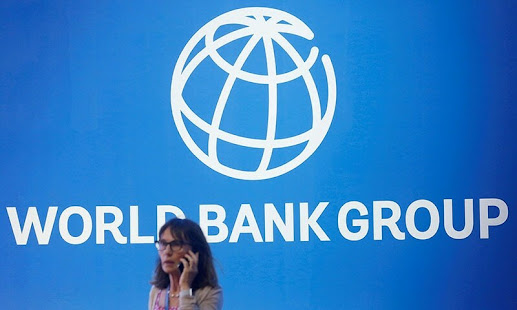Pakistan needs long-term reforms to revive exports: World Bank
ISLAMABAD: The World Bank has suggested that Pakistan needs an integrated and long-term reform strategy to address its export challenges, which will require coordination between government agencies at the federal and provincial levels to guide policy decisions. To be harmonized.
According to the Dawn newspaper, the World Bank's 'Pakistan Development Update: Revising Exports' report states that due to strong domestic demand, imports have outpaced exports in recent months, which has led to trade surpluses. The deficit has risen sharply.
Read more: IT exports increase 42% in the first quarter of FY2022
The report suggested that Pakistan needs to increase private investment and exports to maintain strong economic growth.
Assessing the country's persistent trade imbalance, the report said high effective import tariff rates, limited availability of long-term financing for enterprises to increase export potential, inadequate supply of market intelligence services to exporters, And low productivity in Pakistani companies is major obstacle to exports.
Derek Chen, a senior economist at the World Bank, said: “The long-term decline in exports as part of GDP affects the country's foreign exchange, jobs, and productivity growth, so it is important for Pakistan to compete in global markets. Facing challenges is essential for sustainable development.
"Where long-standing issues with persistent trade gaps have re-emerged, this edition of the report provides a timely, in-depth review and policy recommendations that can help boost exports," he said.
Read also: Pakistan's exports in the IT sector reached an all-time high
According to the report, the debate on appropriate policies to reduce the trade deficit has resumed with the recent widening of the trade gap. It has been declining since the turn of the century, from 16 percent in 1999 to 10 percent in 2020.
The falling export shares are said to have implications for foreign exchange, jobs, and productivity growth.
The report said that while there were several reasons for the decline in exports, there were three major ones: first, high effective import tariff rates and discouraging exports due to limited access to the export market, and second, support services for exporters. Inadequate in particular, capacity expansion to obtain new export deals and long-term financing for market intelligence services, third, low productivity of Pakistani companies are obstacles to their successful competition in global markets.


Comments
Post a Comment